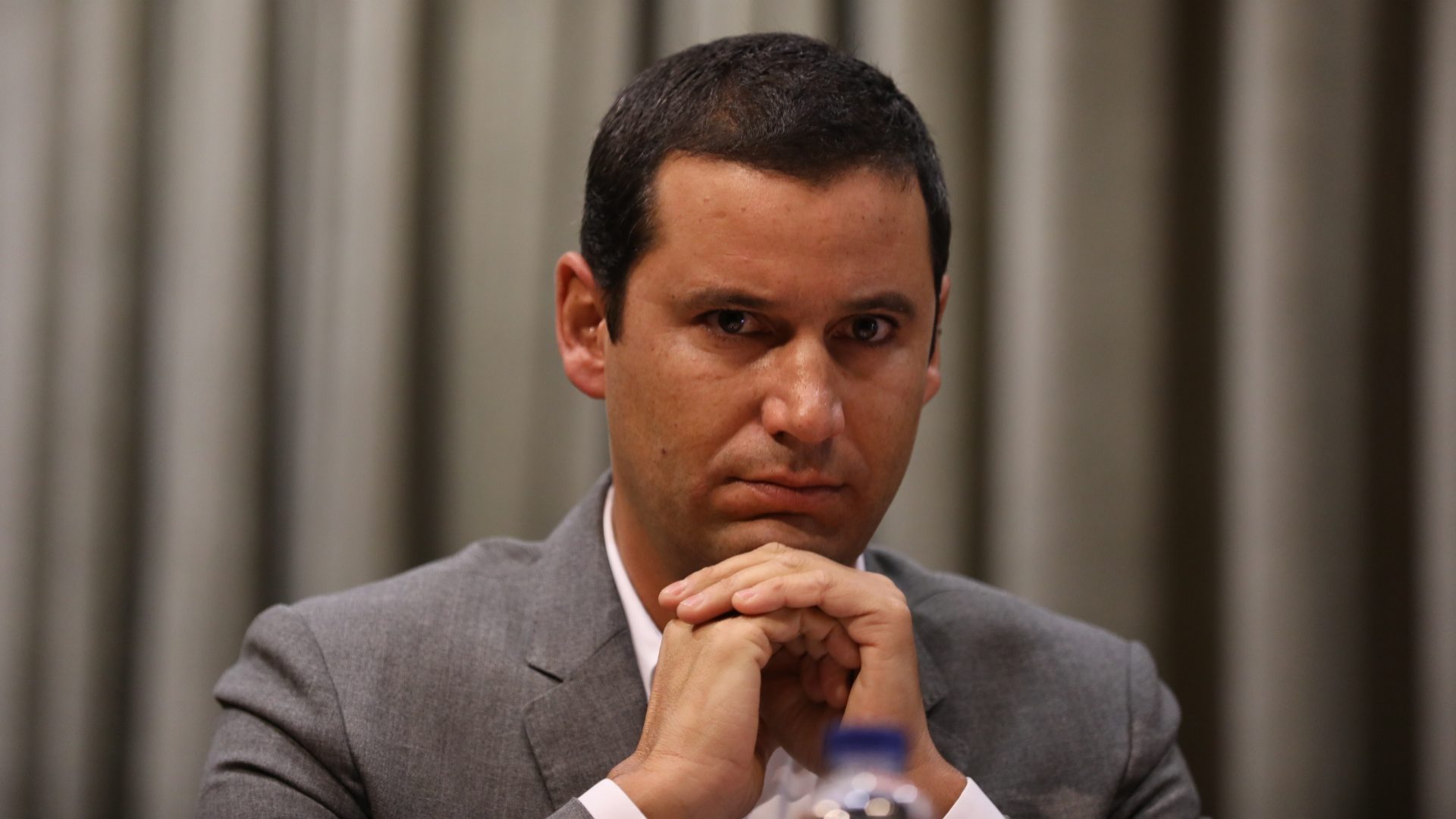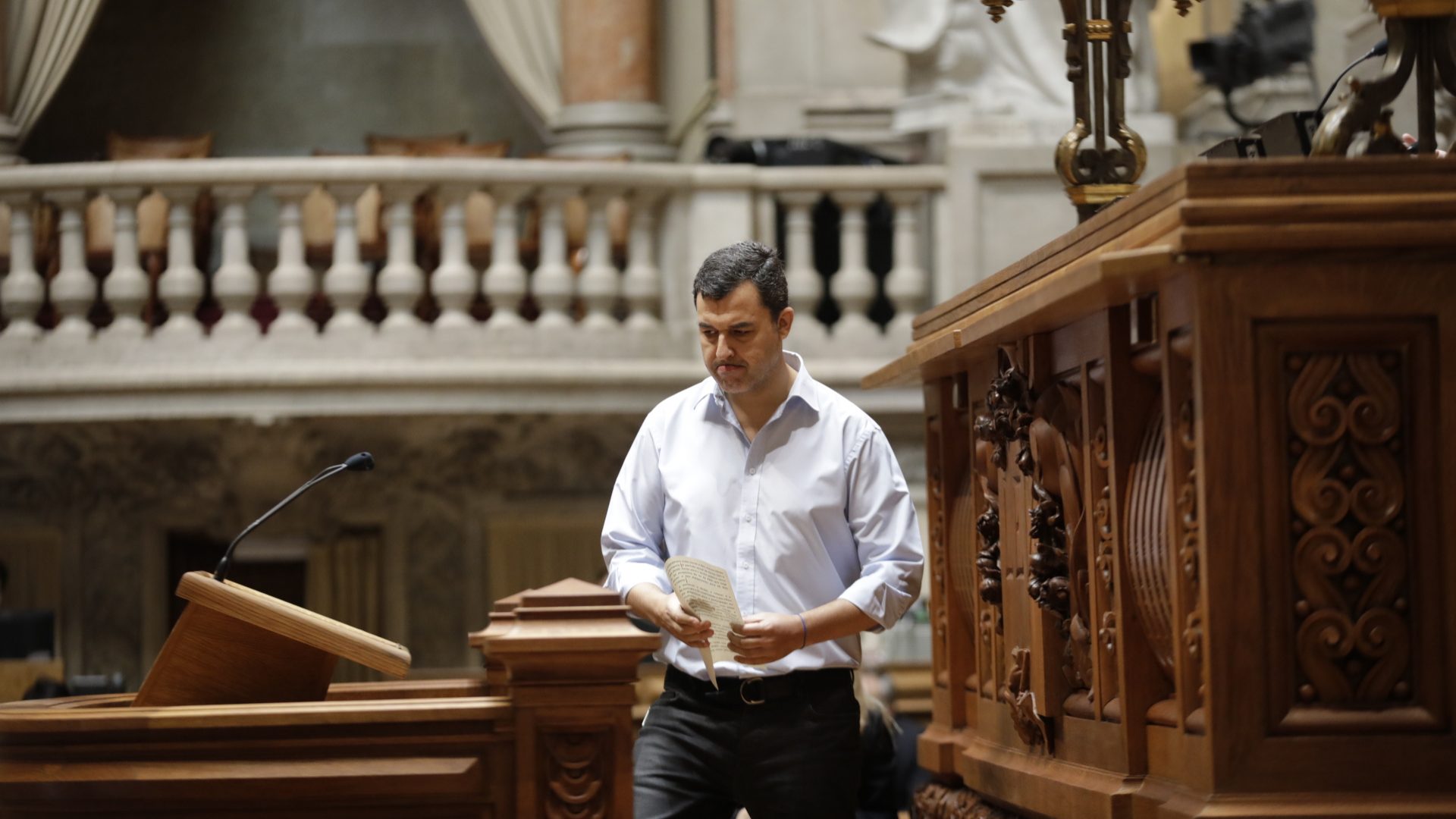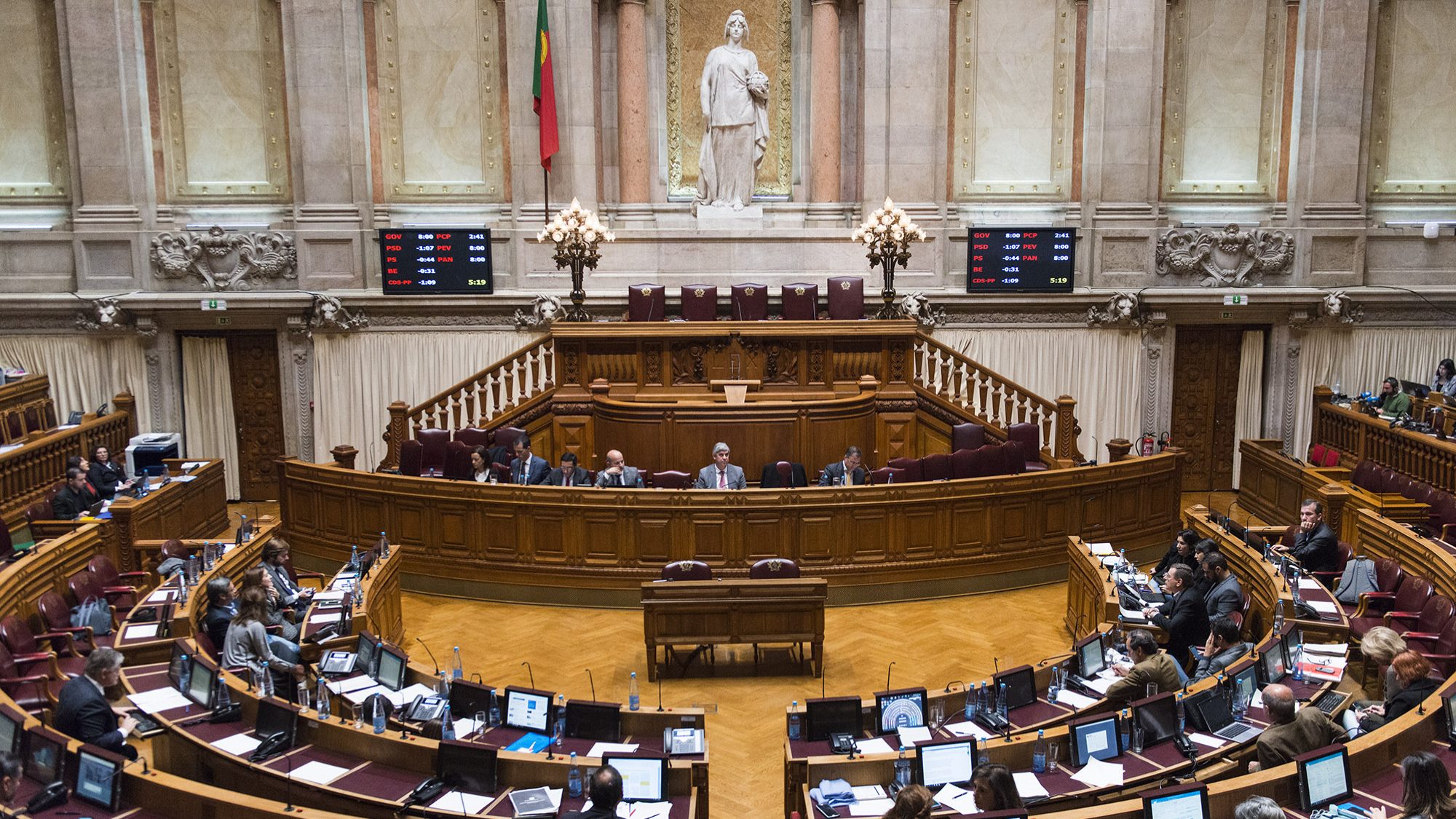Prime minister says government has gained ‘renewed momentum’
Portugal’s prime minister, António Costa, on Monday said that the State Budget 2019 proposal would spark “renewed momentum” within the government. Moody's new rating is "turning point" for Portugal.
Portugal’s prime minister, António Costa, on Monday said that the proposal for the country’s state budget for 2019 would spark “renewed momentum” within the government.
Costa was speaking to journalists following the swearing-in ceremony of the new minister of defence, João Gomes Cravinho, the minister of health, Marta Temido, the minister of economy, Pedro Siza Vieira and the minister of culture, Graça Fonseca. In addition, following a cabinet reshuffle, the environment minister, João Pedro Matos Fernandes, took office on Monday as minister of the environment and energy transition, which was previously the responsibility of the Economy Ministry.
“The proposal for the state budget for 2019 that the government will present to parliament is a chance to give the government’s programme a renewed momentum,” Costa said. “On the other hand, I also think it is appropriate to proceed with two organic alterations that have to do with the idea of giving a new centrality to the economic policy at the centre of the government and to deal with the issue of energy transition as crucial for the future of the environment.”
Costa also referred to rating agency Moody’s decision to remove Portugal from the speculative investment level saying the decision meant a “turning point” for the country.
Portugal’s Socialist government projects 2.3% growth in gross domestic product next year and a public sector budget deficit equivalent to 0.2% of GDP, as well as reducing public indebtedness to 118.4% of GDP.
The government, which lacks a majority in parliament but survives thanks to the votes of deputies from the Left Bloc and Communist Party, has reversed many of the austerity measures implemented by its right-of-centre predecessor as part of the terms of a euro-zone bailout from 2011-2014.
Source: Lusa




